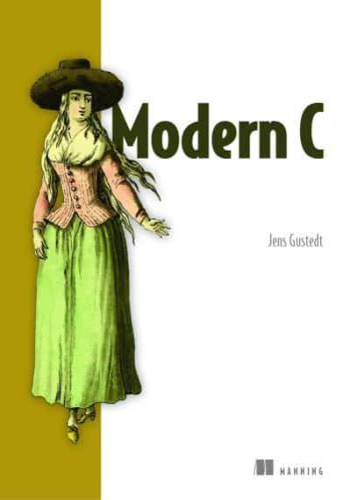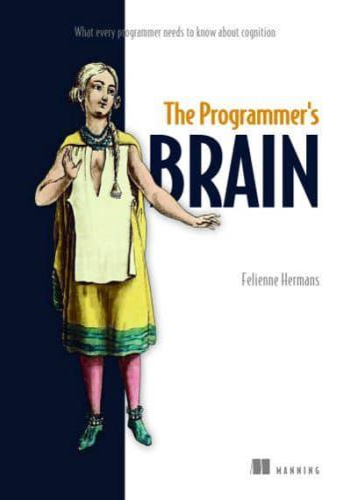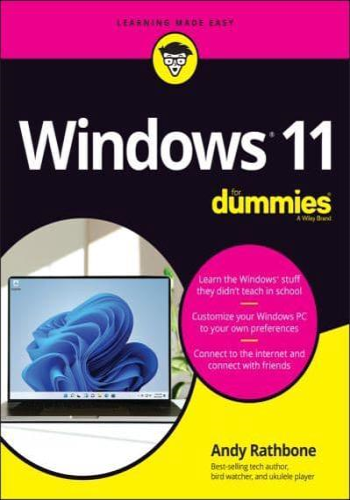Summary
Modern C focuses on the new and unique features of modern C programming. The book is based on the latest C standards and offers an up-to-date perspective on this tried-and-true language.
Purchase of the print book includes a free eBook in PDF, Kindle, and ePub formats from Manning Publications.
About the Technology
C is extraordinarily modern for a 50-year-old programming language. Whether you're writing embedded code, low-level system routines, or high-performance applications, C is up to the challenge. This unique book, based on the latest C standards, exposes a modern perspective of this tried-and-true language.
About the Book
Modern C introduces you to modern day C programming, emphasizing the unique and new features of this powerful language. For new C coders, it starts with fundamentals like structure, grammar, compilation, and execution. From there, you'll advance to control structures, data types, operators, and functions, as you gain a deeper understanding of what's happening under the hood. In the final chapters, you'll explore performance considerations, reentrancy, atomicity, threads, and type-generic programming. You'll code as you go with concept-reinforcing exercises and skill-honing challenges along the way.
What's inside
- Operators and functions
- Pointers, threading, and atomicity
- C's memory model
- Hands-on exercises
About the Reader
For programmers comfortable writing simple programs in a language like Java, Python, Ruby, C#, C++, or C.
About the Author
Jens Gustedt is a senior scientist at the French National Institute for Computer Science and Control (INRIA) and co-editor of the ISO C standard.
Table of Contents
- Getting started
- The principal structure of a program
- Everything is about control
- Expressing computations
- Basic values and data
- Derived data types
- Functions
- C library functions
- Style
- Organization and documentation
- Pointers
- The C memory model
- Storage
- More involved processing and IO
- Performance
- Function-like macros
- Variations in control flow
- Threads 325
- Atomic access and memory consistency







